A total solar eclipse – when the Moon passes between the Sun and the Earth, completely blocking out the Sun – is a rare occurrence. However, many Canadians will be treated to this once-in-a-lifetime event on Monday, April 8, 2024, which will be visible across North America and dubbed the Great North American Eclipse.
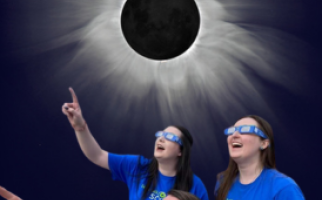
Reflecting on the Total Solar Eclipse, Let’s Talk Science Encourages Scientific Literacy, Safety and Above All, Wonder
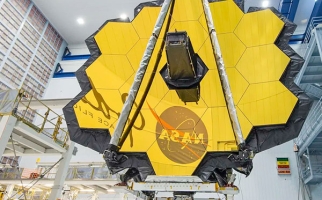
Seeing the Universe with the James Webb Telescope
Backgrounders
Learn about the James Webb telescope and Canada’s role in the mission.
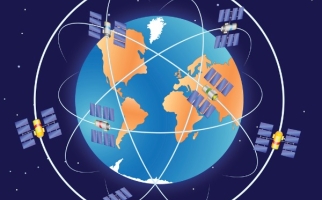
Introduction to Satellites
Backgrounders
Learn about the history, functions, and types of satellites.
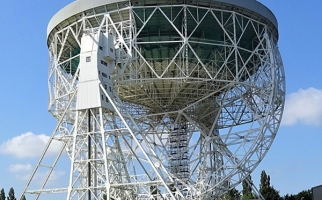
Telescopes and Astronomy
Backgrounders
Visible light is only part of what astronomers study. They use different types of telescopes to study the entire electromagnetic spectrum.

Airborne & Space Telescopes
Backgrounders
Learn about telescopes that do their work high in Earth’s atmosphere and in space.
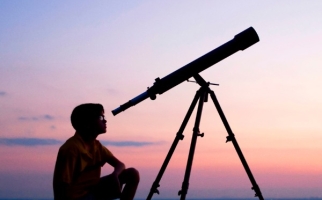
Optical Telescopes
Backgrounders
Learn about the history of telescopes and the function of refracting and reflecting optical telescopes.
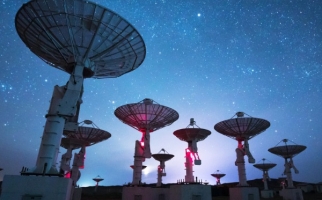
Radio Astronomy
Backgrounders
Learn about radio astronomy, a type of astronomy that studies objects in space using radio waves and radio telescopes.
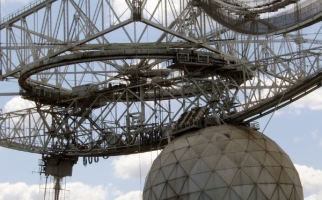
SETI - The Search for extraterrestrial Intelligence
Backgrounders
Some astronomers are not looking for stars, planets or galaxies. They are searching for intelligent life in the universe beyond our planet.

The Optics of Telescopes
Backgrounders
Learn about telescopes, how they work & why they're important to astronomers.
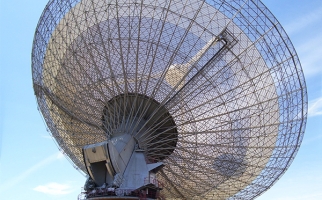
The Search for Extraterrestrial Intelligence - and How You Can Help!
STEM Explained
When astronomers search for extraterrestrial life, they often have to listen for radio waves coming from deep space. If you’re interested, you can help!
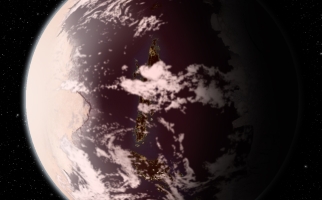
Searching for exoplanets around the star next door
STEM Explained
In planetary science, astronomers have found planets that orbit other stars, just like Earth orbits the Sun. Some of them might even be able to support life.
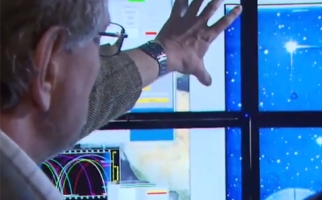
Dealing with Asteroids and Other Space Hazards
STEM Explained
Find out how asteroids, space debris, and cosmic radiation can be dangerous, and how to monitor them and protect ourselves from these space hazards.
